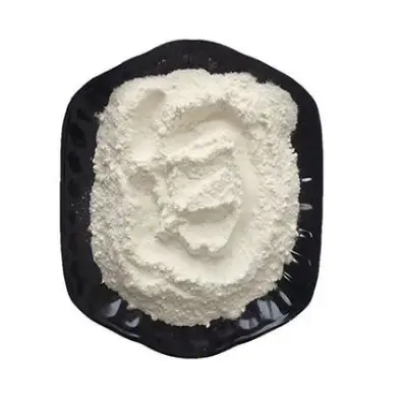Fluorocytosine CAS:2022-85-7
Fluorocytosine plays a critical role in antifungal therapy, especially for treating infections caused by Candida and Cryptococcus species. It functions as a prodrug that is converted into 5-fluorouracil (5-FU) within fungal cells by cytosine deaminase, an enzyme produced by susceptible fungi. 5-FU interferes with fungal RNA and protein synthesis, ultimately leading to cell death. This targeted mechanism minimizes adverse effects on human cells, making fluorocytosine particularly advantageous in treating systemic fungal infections. In clinical practice, fluorocytosine is often used in combination with other antifungal agents, such as amphotericin B or azoles, to enhance efficacy and reduce the likelihood of resistance. This combination therapy is crucial for managing severe fungal infections, including those affecting immunocompromised patients. Research continues to explore fluorocytosine's efficacy against emerging resistant strains of fungi and its potential applications in prophylactic treatment for high-risk patient populations. Its ability to penetrate fungal biofilms and achieve therapeutic concentrations in cerebrospinal fluid underscores its utility in treating meningitis caused by Cryptococcus neoformans. Beyond antifungal therapy, fluorocytosine contributes to academic research in nucleoside chemistry and drug development. Scientists study its metabolic pathways and mechanisms of resistance to optimize treatment strategies and develop new analogs with improved pharmacological profiles. This research aims to address challenges such as fungal resistance and enhance the spectrum of activity against clinically relevant pathogens. Fluorocytosine's role extends into veterinary medicine, where it is utilized to treat fungal infections in animals, reflecting its broad applicability across different species. Ongoing studies explore veterinary applications and dosage adjustments to ensure safe and effective treatment outcomes. In conclusion, fluorocytosine stands as a vital component of antifungal therapy, leveraging its unique mechanism of action and clinical efficacy against a spectrum of fungal pathogens. As research advances, its role in both human and veterinary medicine continues to evolve, emphasizing its significance in combating fungal infections and supporting broader efforts in infectious disease management.



| Composition | C4H4FN3O |
| Assay | 99% |
| Appearance | white powder |
| CAS No. | 2022-85-7 |
| Packing | Small and bulk |
| Shelf Life | 2 years |
| Storage | Store in cool and dry area |
| Certification | ISO. |


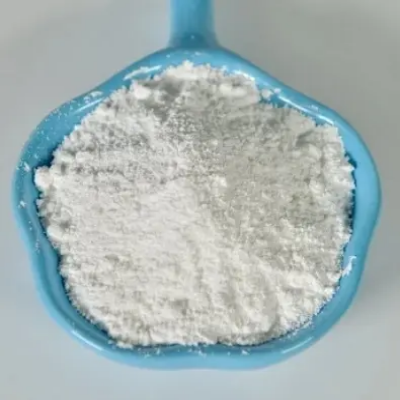
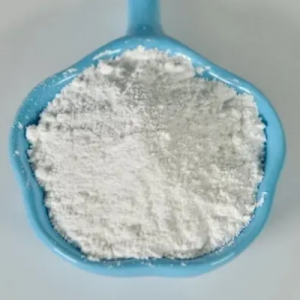
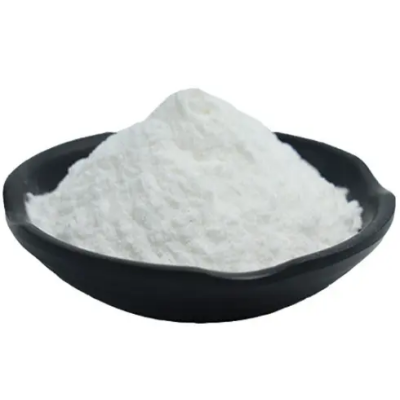
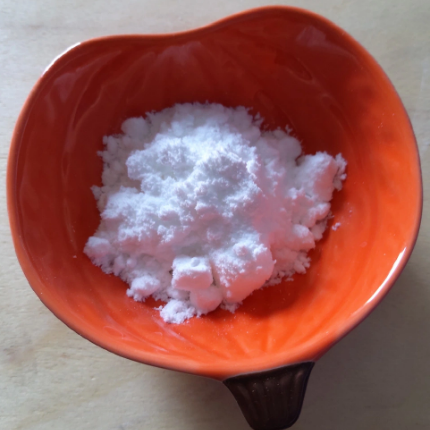

![3-[(3-amino-4-methylamino-benzoyl)-pyridin-2-yl-amino]-propionic acid ethyl ester CAS:212322-56-0](https://cdn.globalso.com/xindaobiotech/1ZNB2ZF342ZWRNG262.png)
